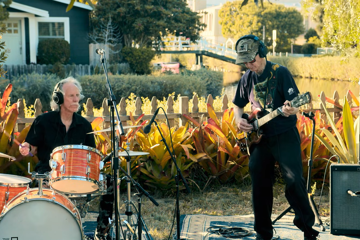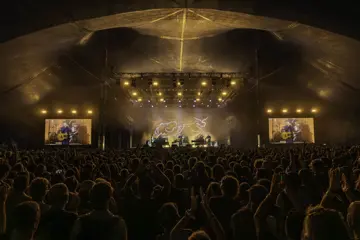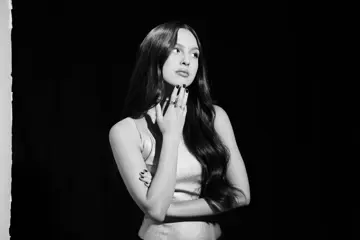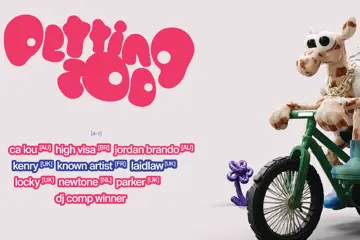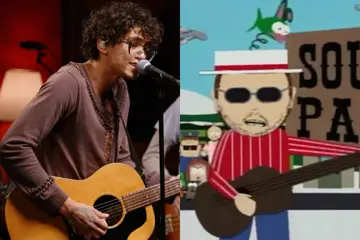Michel Van Der Aa's (Netherlands) multi-platform opera After Life is an adaptation of Hirokazu Kore-eda's 1998 film of the same name. Van Der Aa uses film, documentary and opera to create an overall experience that is unfortunately, much less than the sum of its parts. Van Der Aa has almost all the creative credits to his name: He's composed the score, written the libretto, directed the stage action and the video elements.
The opera concerns itself with a simple premise: three recently deceased people find themselves in limbo – they are asked, by the bureaucratic attendants of this place between heaven and earth, to choose their single most meaningful memory to take with them into the afterlife. This fiction interweaves with the most compelling part of the work; documentary-style interviews with subjects Van Der Aa has asked the same question to. In comparison to the opera itself, these stories are fascinating: Tessa recounts returning to her native South Africa post apartheid and Bert remembers time spent with his grandfather attempting to build a perpetual motion machine, for example.
Aa's score is an admittedly intriguing aspect of the show-combing traditional baroque sounds with samples of the whirring mechanical noises of filmmaking. However, the entirely prosaic libretto is rarely engaging and, although the blending of film and opera is imaginative, the staging itself is mostly monotonal and ineffective.
Running at the Regent Theatre until Saturday 13 October.



